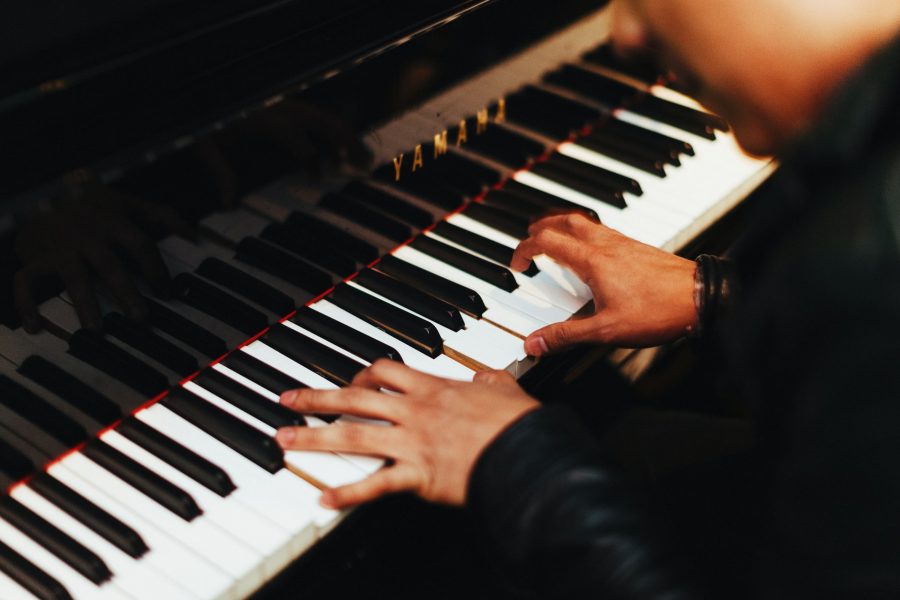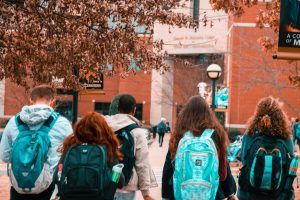Since the beginning of the pandemic, every once in a while, you might have had the feeling that all of your life is going by and that you were not taking advantage of it. Perhaps, your attitude towards the overall sluggish period might have transformed from absolute determination to cultivating a skill or a hobby to careless living that does not reflect any particular purpose. Nevertheless, ever dreamt of acting like the concert pianist you saw on TV? Or just looking for something you can enjoy doing that distracts you from the cumbersome ‘work from home routine’? Unraveled in the subsequent paragraphs are ways that learning the piano can transform your life.
Music from the piano acts as a stress buster
Pandemics can be stressful for both adults and children. The fears and anxieties brought about by a new disease whose duration cannot be easily forecasted can evoke strong emotions among adults and children. Furthermore, health precautions such as social distancing can cultivate feelings of isolation and loneliness, thus increasing stress and anxiety levels. Playing the piano, regardless of whether one is an amateur or expert pianist, demands total concentration and fully engages the brain. The engagement provides one of the most effective ways you can completely switch off from a stressful encounter. According to students at LVL Music Academy, the vigorous engagement from playing the piano offers the brain no room to focus on disturbing thoughts.
Playing the piano has an overall healthy effect on the brain
Various studies show that playing the piano affects the brain in three significant ways, including fostering changes in the brain’s power and structure, boosting emotional intelligence, and improving one’s mental well-being. Playing a musical instrument leads to the formation of new neural connections which extends the brain’s power and structure. Notably, whereas the ability to process different auditory signals slows down as one ages, playing music has been shown to reverse the effects of a declining brain processing power and memory.
Playing piano cultivates a culture of resilience and better performance in children

During piano lessons, instructors expect accountability on progress from students that may sometimes be difficult to meet. Being a successful pianist demands time, effort, and dedication, which are qualities that develop resilience in a student and can be carried over into a child’s study routine. On a different note, if a child is struggling to focus in school, enrolling him or her in piano lessons can improve the child’s learning ability thus bettering performance. Playing musical instruments such as the piano enhances a student’s ability to listen and focus in and beyond school.
Learning the piano help alleviate cognitive skills
Finally, learning rhythm is critical to mastering the piano. Furthermore, playing the piano demands complete independence of a pianist’s hands, fingers, and ears, consequently developing precision, speed, and accuracy at high levels. Compared to other leisure activities such as painting and sports, piano players have scored better in neuro physical tests carried out by various researches, suggesting that learning the piano improves children’s and adult’s cognitive skills.






 Your total news and information resource for all things Science, Technology, Engineering / Mathematics, Art, and Medicine / Health.
Your total news and information resource for all things Science, Technology, Engineering / Mathematics, Art, and Medicine / Health.
Leave a Comment